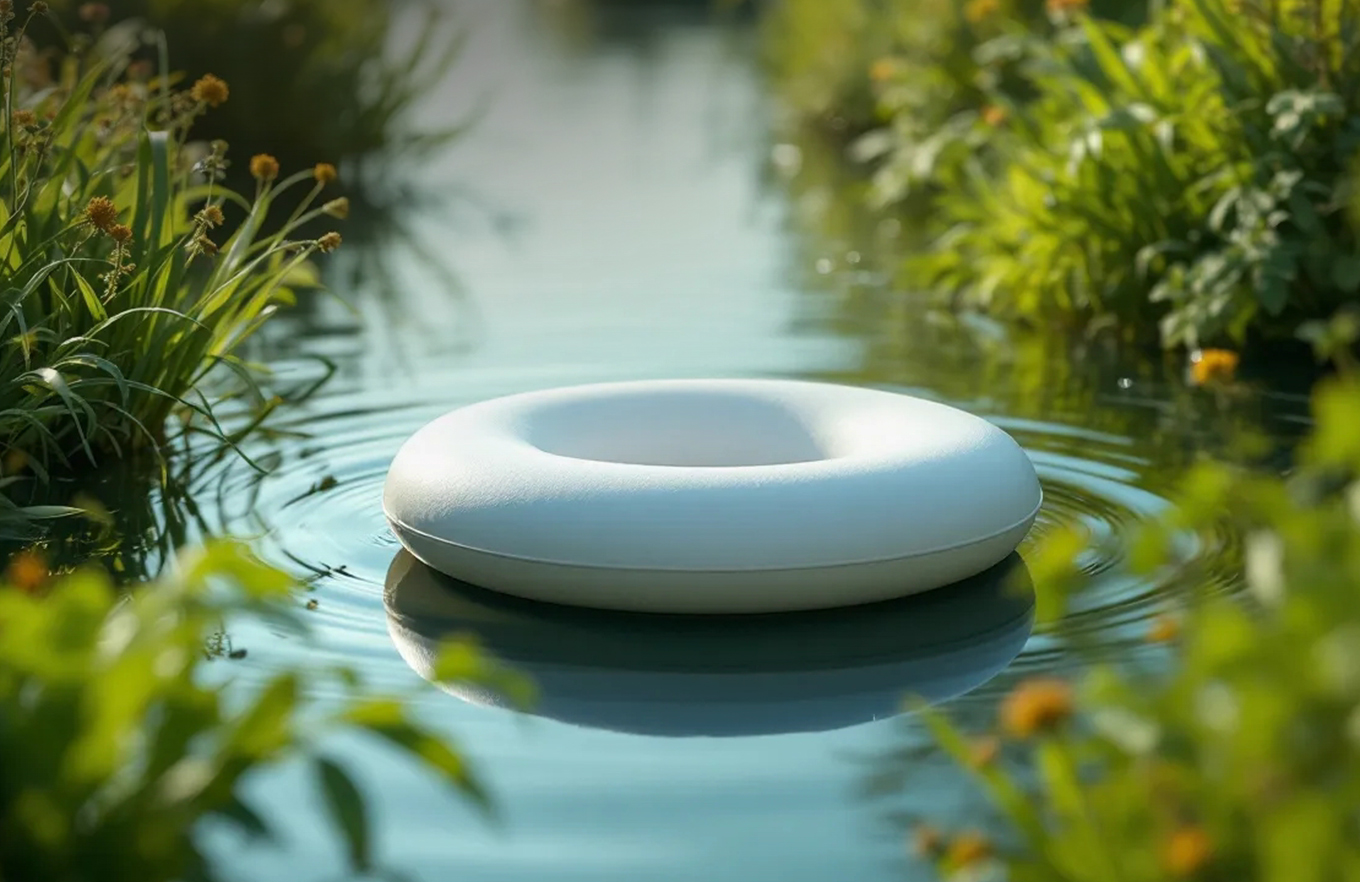
When it comes to marine applications, choosing the right material is crucial for safety, performance, and durability. Buoyant foam has emerged as a game-changer, outperforming traditional materials like wood, metal, or basic plastic in boats, flotation devices, and water platforms. Its unique combination of lightweight structure and superior strength makes it an ideal choice for modern marine solutions.
Many manufacturers, including Samad Foam, have leveraged buoyant foam and closed-cell foam technologies to provide products that are not only durable but also internationally recognized in markets such as the USA and Europe. From recreational boating to industrial water applications, buoyant foam continues to redefine standards.

The primary advantage of buoyant foam lies in its density and structural design. Unlike traditional materials that may absorb water or degrade over time, closed-cell foam used in buoyant foam ensures that water cannot penetrate the material. This provides consistent buoyancy and long-term reliability. Samad Foam has been at the forefront of producing high-quality buoyant foam solutions that meet international standards, delivering products suitable for both casual boating enthusiasts in the USA and professional marine equipment manufacturers in Europe.
Additionally, the lightweight nature of buoyant foam reduces the overall weight of boats or platforms, improving fuel efficiency and maneuverability, which is impossible with older, heavier materials.
One of the most compelling reasons to use buoyant foam is its unmatched durability. Traditional materials such as wood may rot, and metals can corrode when exposed to saltwater. Buoyant foam, reinforced with closed-cell foam, maintains structural integrity even in harsh marine environments. Samad Foam has developed solutions that resist UV radiation, saltwater, and extreme temperature fluctuations, ensuring that boats and flotation devices last longer without costly maintenance. In industries where safety is paramount, using buoyant foam drastically reduces the risk of accidents due to material failure, making it the preferred choice for international clients seeking reliable marine solutions.
Another significant advantage of buoyant foam is its lightweight composition. Boats, floating docks, and personal flotation devices made with buoyant foam require less energy to operate, enhancing speed and efficiency. The lightweight nature also makes handling, installation, and transport easier, whether you are in the USA managing large-scale marine operations or in Europe producing recreational watercraft. Samad Foam specializes in customizing buoyant foam densities to match specific performance needs, ensuring optimal flotation without compromising strength or safety.

Buoyant foam is highly versatile. It is not limited to boats or personal floatation devices; it finds applications in floating docks, water sports equipment, and safety barriers. The adaptability of buoyant foam combined with closed-cell foam technology allows manufacturers like Samad Foam to cater to various industries, offering tailored solutions for both commercial and recreational purposes. Unlike traditional materials, which require frequent replacements and repairs, buoyant foam provides a reliable, low-maintenance alternative that performs consistently over time.
Modern marine industries increasingly prioritize sustainability, and buoyant foam answers this demand. Many buoyant foam products, especially those from Samad Foam, use recyclable and environmentally safe materials. Unlike metal or treated wood that may harm ecosystems when discarded, buoyant foam can often be repurposed or recycled, reducing environmental impact. Additionally, the lower maintenance requirements and longer lifespan of buoyant foam make it a cost-effective choice over time, helping manufacturers and end-users save money while maintaining high-quality marine performance.
Safety is non-negotiable in marine applications. Buoyant foam ensures that flotation devices remain reliable, keeping users secure even in extreme conditions. Its consistent buoyancy and resistance to water absorption prevent sudden sinking or instability, unlike some traditional materials that may fail unpredictably. By integrating closed-cell foam technology, Samad Foam ensures that every marine product meets stringent safety standards, offering peace of mind for recreational users in the USA or professional operators in Europe. The enhanced safety profile of buoyant foam continues to drive its adoption worldwide.
Contact Samad Foam today to explore premium buoyant foam solutions for safer and more efficient marine operations worldwide.
In conclusion, buoyant foam outperforms traditional materials in marine applications due to its lightweight, durable, and water-resistant properties. The integration of closed-cell foam ensures long-lasting performance, safety, and versatility across recreational and industrial uses. Manufacturers like Samad Foam have set global benchmarks, providing solutions recognized in markets such as the USA and Europe. Whether you are building boats, floating platforms, or personal safety devices, buoyant foam remains the modern material of choice for reliable marine performance.
Answer: Buoyant foam resists water absorption, UV damage, and corrosion, offering consistent flotation and durability unlike traditional materials.
Answer: Yes, combining buoyant foam with closed-cell foam enhances water resistance, structural strength, and long-term durability in marine applications.
Answer: Many buoyant foam products, especially from Samad Foam, are recyclable and eco-friendly, reducing environmental impact compared to metals or treated wood.